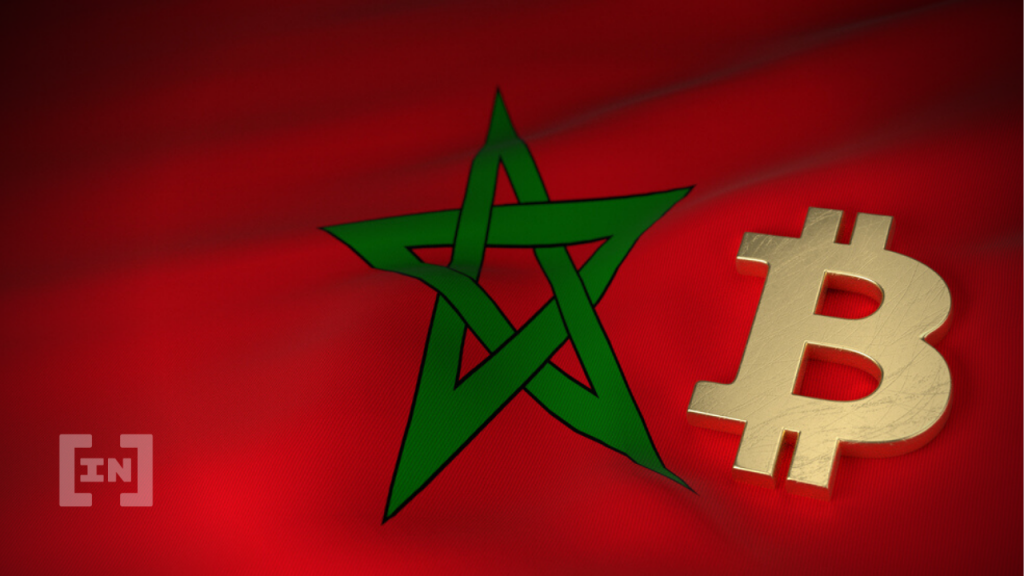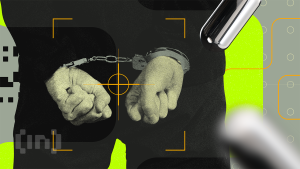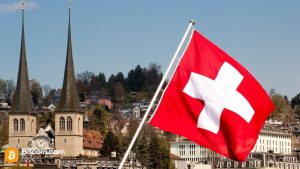Morocco to Begin Talks With IMF, World Bank on Regulating Crypto

Morocco is building out a regulatory framework for crypto with the help of established industry players.
The central bank announced yesterday that it had begun talks with the International Monetary Fund and the World Bank on specific benchmarks for its new legislation. It seems nascent regulation will first be drafted with innovation and consumer protection as top priorities. Measures to combat terrorism financing and money laundering will also be considered. The central bank advises consumers to consider the risk when looking to invest in crypto.
The IMF previously shot down cryptocurrencies and crypto mining, and criticized El Salvador after it made bitcoin legal tender to fuel the thriving remittance market last September. Alex Gladstein, chief strategy officer of the Human Rights Foundation, an NGO supporting bitcoin, told Politico that bitcoin stands against everything the IMF stands for.
Morocco leads North Africa in crypto adoption
Despite a lack of regulations, crypto use in Morocco remains one of the highest in North Africa, with 2.5% of its citizens dabbling in digital assets. Crypto trading in the country reached $6 million in 2021, the fourth-largest volume after Nigeria, South Africa, and Kenya. Experts highlight that trading is primarily driven by curiosity and Fear of Missing Out (FOMO).
The Moroccan foreign exchange watchdog banned cryptocurrencies in 2017 over fears that digital assets may undermine the economy and the fiat currency through the egress of foreign currency, depleting local reserves.
Crypto not a silver bullet, IMF warns
Earlier this year, the International Monetary Fund warned that cryptocurrencies are not a silver bullet to address Africa’s economic challenges. This criticism came hot on the heels of the Central African Republic, one of the planet’s poorest nations, adopting bitcoin as legal tender.
The Bank of Central African States which oversees the monetary policy of six African nations also called on the Central African Republic to reverse its decision and cracked down on other countries under its jurisdiction, laying out new rules to sever ties with institutions doing business with digital currencies.
Morocco has not given any indication that it is looking to make bitcoin legal tender since its sovereign currency, the dirham, has experienced comparatively low inflation of 5.9% compared to Argentina, with 60% inflation. It also retains control over its monetary policy. This low inflation means there is a lower likelihood of high inflation driving bitcoin adoption, like in Argentina.
El Salvador abandoned its sovereign currency, the Colón, in 2000, instead choosing to adopt the U.S. dollar, and most recently bitcoin, as legal tender.
Bitcoin bull Michael Saylor met Argentina’s former president in April to discuss cryptocurrency adoption. He advised that countries looking for less backlash regarding the decision to make crypto legal tender would benefit from marketing crypto as a store of value rather than a medium of exchange.
What do you think about this subject? Write to us and tell us!
Disclaimer
All the information contained on our website is published in good faith and for general information purposes only. Any action the reader takes upon the information found on our website is strictly at their own risk.













